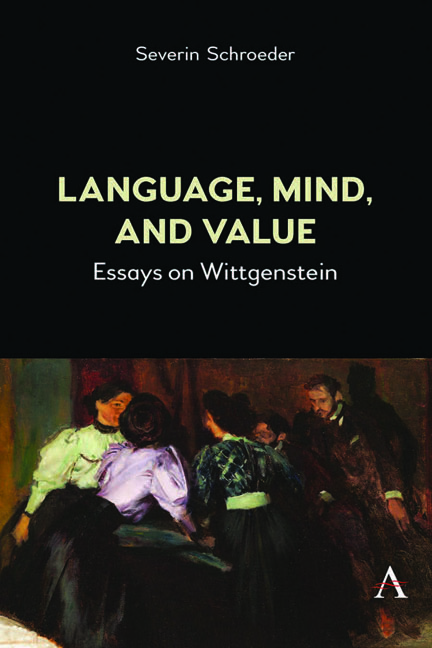10 - Farewell to Hinge Propositions
Published online by Cambridge University Press: 13 April 2024
Summary
In 1972, Georg Henrik von Wright published an article presenting the key ideas from Wittgenstein's final notebooks, posthumously published under the title On Certainty. There Wittgenstein considers some truisms or certainties put forward by G. E. Moore in his attempt to refute scepticism, such as ‘I have two hands’, ‘This is a hand’, or ‘The earth has existed a long time before I was born’. According to von Wright, Wittgenstein makes a number of important claims about such certainties. They are said to be:
(i) not known;
(ii) not empirical;
(iii) but rules of grammar;
(iv) ineffable;
(v) not propositional;
(vi) not truth-apt.
These claims have been developed and defended in greater detail by other commentators, in particular by Danièle Moyal-Sharrock (2007; 2017). Picking up one of Wittgenstein's metaphors for their transcendental role (OC §341), such certainties have often been called ‘hinge propositions’. The doctrine of hinge propositions has been regarded as a new development in Wittgenstein's thinking, so significant that the author of On Certainty has been called the ‘third Wittgenstein’ (Moyal-Sharrock 2004).
In his 2004 paper ‘Knowledge, Certainty and Scepticism: In Moore's Defence’, and again in his ‘Philosophy Rehinged?’ (2016), Hans-Johann Glock takes issue with that account of Moore's certainties, defending Moore's view that they are empirical and can be said to be known. I shall side with Glock in arguing that the idea of hinge propositions is indeed not the anti-sceptical panacea as which it has been presented. In spite of their certainty, Moore's truisms are fallible empirical propositions. To regard them as the basis of our language-game is at best a metonymy, if not a category mistake. What is fundamental to our language-game are not specific propositions (such as ‘Here is a hand’ or ‘The earth has existed for many years before my birth’), but the standards of rationality that make us regard such propositions as certain, at least under normal circumstances.
A note of exegetical caution
Von Wright's influential claims about ‘hinge propositions’ are not without some textual support. However, for each claim, there are also passages supporting the opposite view.
- Type
- Chapter
- Information
- Language, Mind, and ValueEssays on Wittgenstein, pp. 145 - 160Publisher: Anthem PressPrint publication year: 2024

